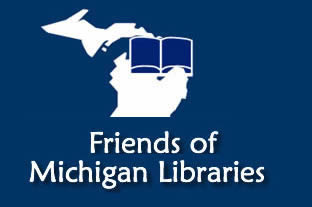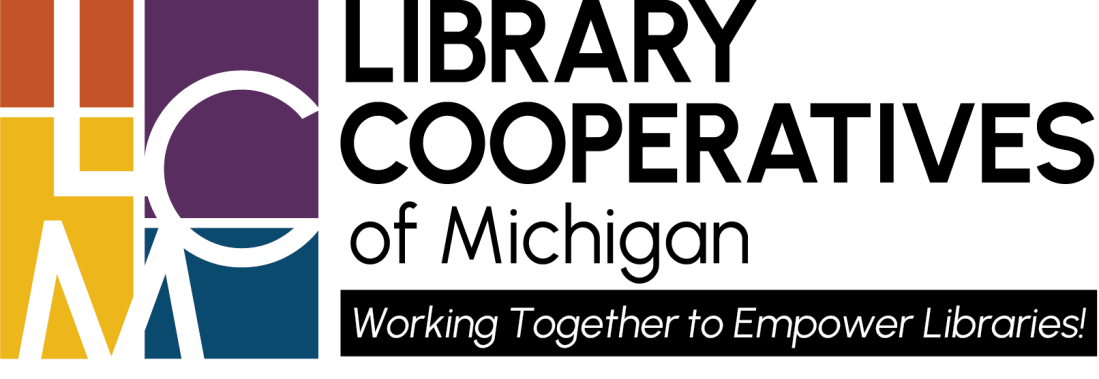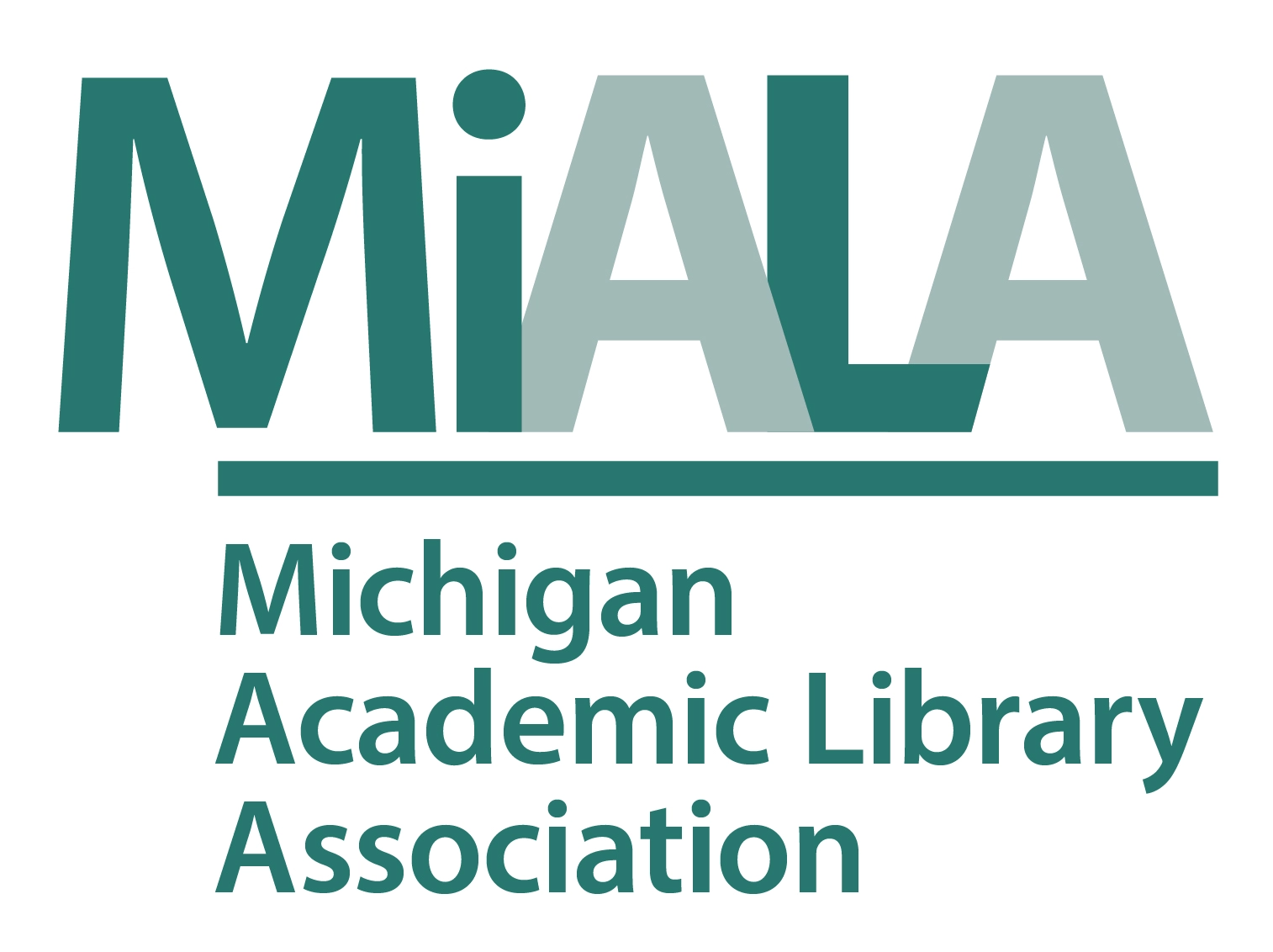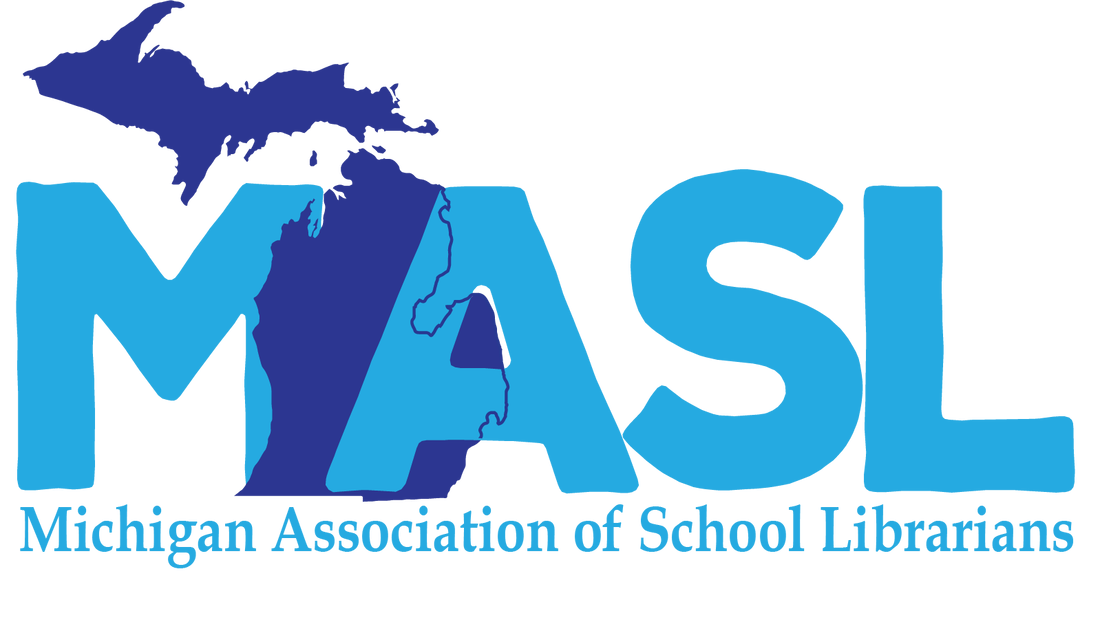
MLA Advocacy Action Plan | Priority Areas | Bill Tracker | Call To Action | Find Your Legislators | How to be a Good Advocate | Intellectual Freedom resources | Advocacy News
MLA Advocacy Priority Areas
MLA’s Advocacy and Legislative Committee develops the MLA legislative platform, analyzes legislative issues that could potentially impact Michigan’s libraries and the residents they serve, and advises library staff on the advocacy strategy to serve the best interest of Michigan’s library community. Below are the Advocacy Priority Areas that have been identified by the workgroup.
Penal Fines
 Michigan is the only state to have constitutionally mandated funding for libraries through penal fines which account for 3% to 70% of public libraries' annual budget. The collection and distribution of penal fines are at times complicated to understand and MLA keeps this front and center on our advocacy priority list. Michigan is the only state to have constitutionally mandated funding for libraries through penal fines which account for 3% to 70% of public libraries' annual budget. The collection and distribution of penal fines are at times complicated to understand and MLA keeps this front and center on our advocacy priority list.
State Aid to Libraries
 The State Aid to Public Libraries Act 89 of 1977 was enacted to supplement local and federal funding sources for libraries in Michigan. Each fiscal year, the state appropriation process establishes the amount for State Aid – currently at $13.1M. The Statutory formula for State Aid grants is based mainly on the state’s population and paid based on per-capita rates. The State Aid to Public Libraries Act 89 of 1977 was enacted to supplement local and federal funding sources for libraries in Michigan. Each fiscal year, the state appropriation process establishes the amount for State Aid – currently at $13.1M. The Statutory formula for State Aid grants is based mainly on the state’s population and paid based on per-capita rates.
Millages and Tax Capture
 On average, Michigan Libraries depend on locally dedicated millages for 77% of their funding and this number is increasing nearly 1% each year. While millages aren’t the sole source of revenues for libraries, none is more important. On average, Michigan Libraries depend on locally dedicated millages for 77% of their funding and this number is increasing nearly 1% each year. While millages aren’t the sole source of revenues for libraries, none is more important.
Early Childhood Literacy
 In many communities libraries are the lead agencies for literacy services for young children and for some, libraries are the first touchpoint in their literacy journey. Libraries support literacy development through the cultivation of young readers. In many communities libraries are the lead agencies for literacy services for young children and for some, libraries are the first touchpoint in their literacy journey. Libraries support literacy development through the cultivation of young readers.
Universal Access to Broadband
 Our public, school, and academic libraries offer high-speed internet and make it affordable and accessible to the estimated 865,000 households in Michigan that are disconnected due to the cost of subscribing to service or purchasing an appropriate device, a lack of digital skills, or other related barriers. Our world has become even more connected in the past few years and libraries continue to serve a significant and critical role in their communities in connecting citizens to this technology. Continued investment in digital infrastructure and digital literacy must be planned-for collectively, and must include libraries. Our public, school, and academic libraries offer high-speed internet and make it affordable and accessible to the estimated 865,000 households in Michigan that are disconnected due to the cost of subscribing to service or purchasing an appropriate device, a lack of digital skills, or other related barriers. Our world has become even more connected in the past few years and libraries continue to serve a significant and critical role in their communities in connecting citizens to this technology. Continued investment in digital infrastructure and digital literacy must be planned-for collectively, and must include libraries.
Michigan eLibrary (MeL)
 Most libraries are not open 24/7/365. For Michigan residents, the next best thing is to use the Michigan eLibrary (MeL), an anywhere, anytime library. MeL, the Michigan eLibrary, has two components: MeLCat the statewide catalog, and the eResources available at MeL.org. MeL is administered by the Library of Michigan, an agency of the Michigan Department of Education, and is funded at the state level through state appropriations ($1.7M) and federally through the Institute of Museum and Library Services ($2.8M). Most libraries are not open 24/7/365. For Michigan residents, the next best thing is to use the Michigan eLibrary (MeL), an anywhere, anytime library. MeL, the Michigan eLibrary, has two components: MeLCat the statewide catalog, and the eResources available at MeL.org. MeL is administered by the Library of Michigan, an agency of the Michigan Department of Education, and is funded at the state level through state appropriations ($1.7M) and federally through the Institute of Museum and Library Services ($2.8M).
School Libraries and Librarians
 All of Michigan’s students need school librarians who provide access to diverse resources, improve student achievement, prepare students for college and career, and support technology integration. Equitable access to effective school libraries staffed by certified school librarians for all students needs to be improved as we rank 47th in the US in supporting school libraries and 37th in the US in 4th-grade reading achievement. All of Michigan’s students need school librarians who provide access to diverse resources, improve student achievement, prepare students for college and career, and support technology integration. Equitable access to effective school libraries staffed by certified school librarians for all students needs to be improved as we rank 47th in the US in supporting school libraries and 37th in the US in 4th-grade reading achievement.
Headlee Amendment
 In 1978, Michigan voters approved the "Headlee" tax limitation amendments to the Michigan Constitution. It established an overall limitation on total state spending each fiscal year and limited the tax revenues. Headlee requires a local unit of government to reduce its millage when annual growth on existing property is greater than the rate of inflation. As a consequence, the local unit’s millage rate is “rolled back” so that the resulting growth in property tax revenue, community-wide, is no more than the rate of inflation. A “Headlee override” is a vote by the electors to return the millage to the amount originally authorized via charter, state statute, or a vote of the people, and is necessary to counteract the effects of the “Headlee Rollback.” In 1978, Michigan voters approved the "Headlee" tax limitation amendments to the Michigan Constitution. It established an overall limitation on total state spending each fiscal year and limited the tax revenues. Headlee requires a local unit of government to reduce its millage when annual growth on existing property is greater than the rate of inflation. As a consequence, the local unit’s millage rate is “rolled back” so that the resulting growth in property tax revenue, community-wide, is no more than the rate of inflation. A “Headlee override” is a vote by the electors to return the millage to the amount originally authorized via charter, state statute, or a vote of the people, and is necessary to counteract the effects of the “Headlee Rollback.”
Intellectual Freedom
 Intellectual freedom encompasses the freedom to hold, receive and disseminate ideas without restriction. Viewed as an integral component of a democratic society, intellectual freedom protects an individual's right to access, explore, consider, and express ideas and information as the basis for a self-governing, well-informed citizenry. Intellectual freedom comprises the bedrock for freedoms of expression, speech, and the press and relates to freedoms of information and the right to privacy. Intellectual freedom encompasses the freedom to hold, receive and disseminate ideas without restriction. Viewed as an integral component of a democratic society, intellectual freedom protects an individual's right to access, explore, consider, and express ideas and information as the basis for a self-governing, well-informed citizenry. Intellectual freedom comprises the bedrock for freedoms of expression, speech, and the press and relates to freedoms of information and the right to privacy.
Guns in Libraries
 Libraries have an interest in serving all members of the community, but also in keeping those community members safe as they take advantage of the resources and programming offered. Libraries, as places of public accommodation, are frequented by large numbers of people, and highly vulnerable to the potential ills that a purposeful or accidental firearms incident would create. Every day, more than one hundred Americans are killed with guns, and hundreds more are wounded. The effects of gun violence are far-reaching and impact many of the individuals we serve in the library. MLA acknowledges that those individuals who have suffered trauma due to gun violence may not feel safe and welcome in the library if another patron is openly carrying a firearm. Libraries have an interest in serving all members of the community, but also in keeping those community members safe as they take advantage of the resources and programming offered. Libraries, as places of public accommodation, are frequented by large numbers of people, and highly vulnerable to the potential ills that a purposeful or accidental firearms incident would create. Every day, more than one hundred Americans are killed with guns, and hundreds more are wounded. The effects of gun violence are far-reaching and impact many of the individuals we serve in the library. MLA acknowledges that those individuals who have suffered trauma due to gun violence may not feel safe and welcome in the library if another patron is openly carrying a firearm.
Dark Store Theory
 Continued attempts by big box retailers to secure lowball evaluations of their storefronts, known as “dark store theory,” have led to disastrous effects for local tax bases, city services, schools and libraries. While millages generally make up the largest percentage of a local library's budget, local property taxes are critical sources of funds that contribute to the important work that libraries perform. This commonly used but disputed form of property tax evaluation when successfully implemented by big box stores diverts those critical operating funds away from public libraries. Continued attempts by big box retailers to secure lowball evaluations of their storefronts, known as “dark store theory,” have led to disastrous effects for local tax bases, city services, schools and libraries. While millages generally make up the largest percentage of a local library's budget, local property taxes are critical sources of funds that contribute to the important work that libraries perform. This commonly used but disputed form of property tax evaluation when successfully implemented by big box stores diverts those critical operating funds away from public libraries.
|


 Michigan is the only state to have constitutionally mandated funding for libraries through penal fines which account for 3% to 70% of public libraries' annual budget. The collection and distribution of penal fines are at times complicated to understand and MLA keeps this front and center on our advocacy priority list.
Michigan is the only state to have constitutionally mandated funding for libraries through penal fines which account for 3% to 70% of public libraries' annual budget. The collection and distribution of penal fines are at times complicated to understand and MLA keeps this front and center on our advocacy priority list.






